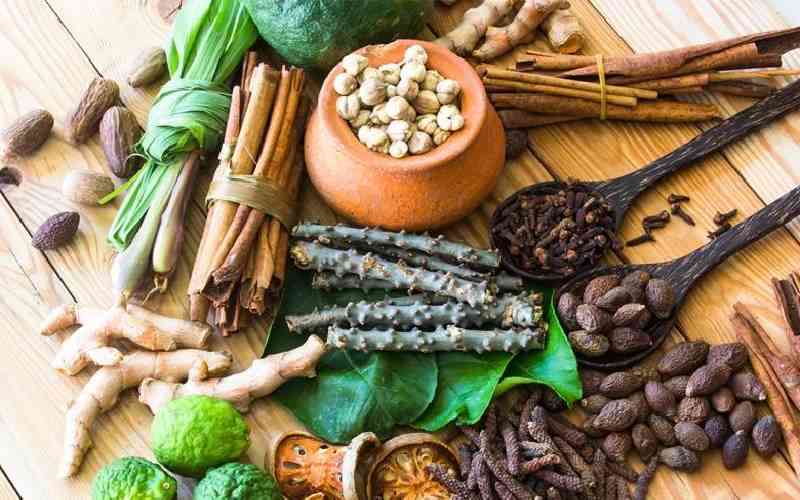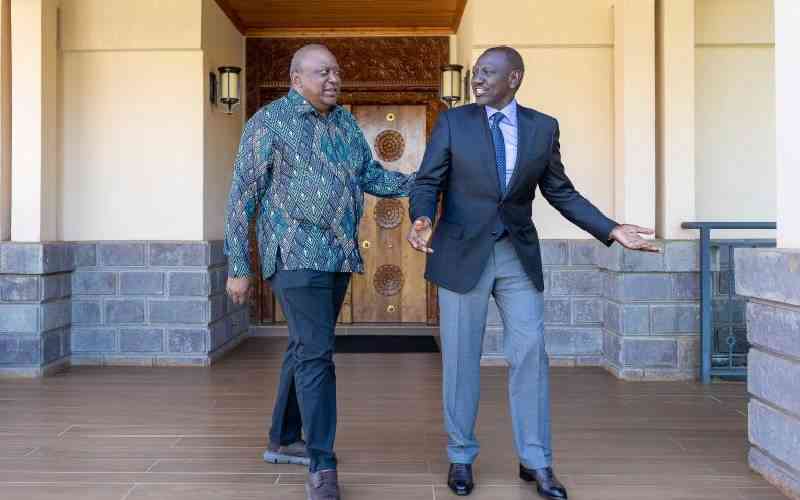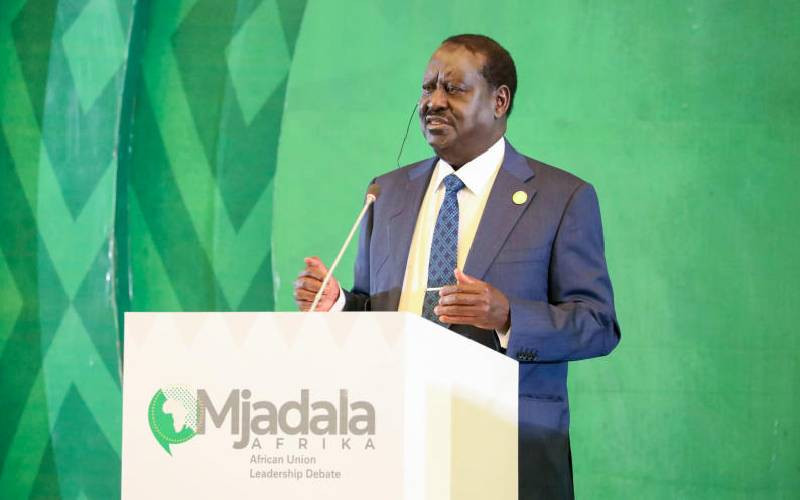
While the Ministry of Health developed The Traditional and Alternative Health Practitioners Bill 2022 to regulate and promote the sector, they have only tabled the Kenya Drugs Authority Bill 2022 in Parliament with provisions that overlap the former.
According to a World Health Organization report, up to 80 per cent of our population mainly in rural areas rely on traditional medicine for their primary healthcare. This should motivate us enough to strengthen the sector so that our people can benefit from high-quality traditional products.
Under the KDA Bill, the Authority shall register both the herbal products and the practitioners. The Authority will prescribe the standards and specifications under which traditional medicine will be registered and create a register of practitioners with set registration fees.
On the other hand, the same Ministry developed the Traditional and Alternative Health Practitioners Bill 2022 which proposes to create a council that will register the herbal products and the practitioners as well as set the registration fees. The council will set a code of conduct, license manufacturers of herbal products, inspect their premises, and create a complaints and response mechanism. The council will inspect and register learning institutions to offer courses on traditional medicine, create research linkages within and outside the country, and mainstream traditional medicine in our public health centres, among others.
The Traditional and Alternative Health Practitioners Bill, which has taken several years to draft, is more supportive of the sector than the KDA Bill already in Parliament. If the KDA is passed as proposed, what happens to the more progressive TAHP Bill?
Members of Parliament should seek clarity from the Ministry on the status of the Traditional and Alternative Health Practitioners Bill 2022 as they discuss the KDA Bill.
Lack of promotion and regulation in the sector has given room for illegal practitioners and given a bad name to the practice in Kenya. Consequently, our people have lost trust in our products while going for imported traditional medicine from other countries.
We should invest in adding value and improving the quality of our traditional medicine by creating a linkage between our people's indigenous knowledge of medicine and modern science. We can learn from Tanzania, South Africa and Ghana who are among the best examples in Africa.
The author is Senior Programme Manager at the Trust for Indigenous Culture and Health (TICAH)
 The Standard Group Plc is a
multi-media organization with investments in media platforms spanning newspaper
print operations, television, radio broadcasting, digital and online services. The
Standard Group is recognized as a leading multi-media house in Kenya with a key
influence in matters of national and international interest.
The Standard Group Plc is a
multi-media organization with investments in media platforms spanning newspaper
print operations, television, radio broadcasting, digital and online services. The
Standard Group is recognized as a leading multi-media house in Kenya with a key
influence in matters of national and international interest.
 The Standard Group Plc is a
multi-media organization with investments in media platforms spanning newspaper
print operations, television, radio broadcasting, digital and online services. The
Standard Group is recognized as a leading multi-media house in Kenya with a key
influence in matters of national and international interest.
The Standard Group Plc is a
multi-media organization with investments in media platforms spanning newspaper
print operations, television, radio broadcasting, digital and online services. The
Standard Group is recognized as a leading multi-media house in Kenya with a key
influence in matters of national and international interest.






